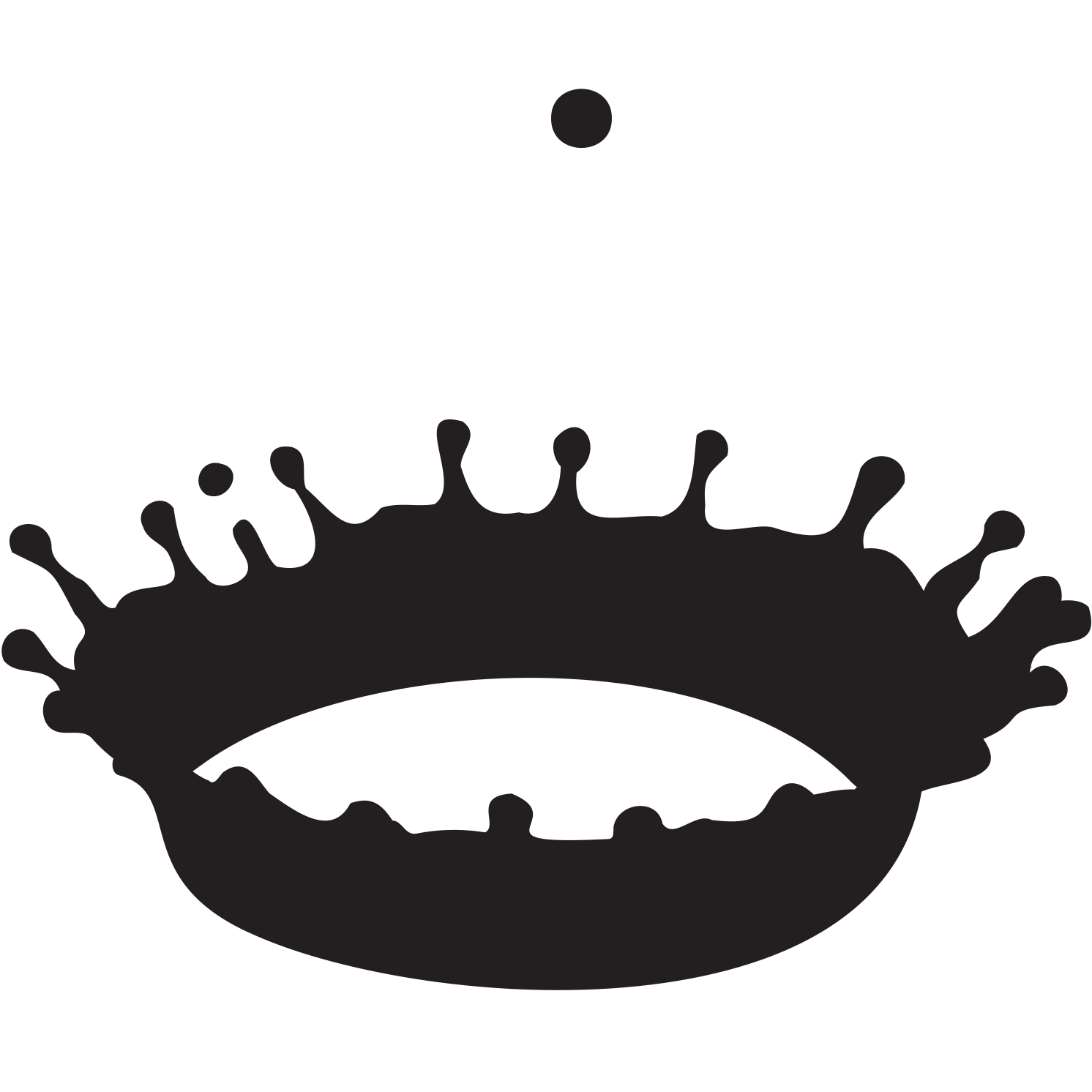Edgerton Center Celebrates Reopening of its Student Shop in Building 6C

It was once an echo-filled empty space with 28-foot high ceilings located just off the Infinite Corridor. Now, less than a year later, 6C-006A is the new home of the Edgerton Student Shop. Its former location, Building 44 on Vassar Street, will soon become the new MIT Stephen A. Schwarzman College of Computing.
“This was a big empty room [with] a lot of possibilities and right off the Infinite Corridor,” says J. Kim Vandiver, the Forbes Director of the Edgerton Center and professor of ocean and mechanical engineering. “You can’t get a much better site to have a student shop, so we jumped at the chance when we were offered this space,” he adds.
The move across Vassar Street was in no way an easy lift. The center's four Monarch EE hand-operated lathes, made of cast iron and built in 1969, each weigh just over a ton.
Mechanical engineering graduate student Austin Brown ’18 was pleased to see them. “Monarch lathes are one of the best that money can buy, probably top of the line in terms of hand-operated lathes, so [I’m] really excited that they kept these around,” remarks Brown.
Along with hand-operated mills and lathes, there are also computer numerical control (CNC) lathes and a CNC machining center, 3D printers, and a number of precision tools. A model steam locomotive, parts for a dark matter detector, and recently a medical gripper for removing tumors, were made by students in the Edgerton Student Shop.
The grand opening also marked an occasion to acknowledge Mark Belanger, student shop manager. Vandiver presented Belanger with a brass plaque etched with the original sign for the Edgerton Student Shop — fabricated by the Edgerton Center’s Area 51 Shop Manager Pat McAtamney — thanking Mark for his 15-year dedication to students and to MIT.
After the ceremonial cutting of the caution tape, Vandiver declared the shop open to students.
Widely attended, machinists from shops around MIT came for the celebration and, well, talked shop.
Israel Bonilla, a junior in aeronautics and astronautics who works in multiple [shop] spaces across campus, attended the opening.
“It’s kind of fun to get to know the different people and where their backgrounds are, why they know how to do this, because it’s kind of a lost art. It’s cool to think about how, back in the day, if you could do this [machining], you were a superstar, it was a desirable job. It takes a lot of skill, and you’ve got to be pretty smart to be good at it.”
“It’s something I learn all the time when I screw up my parts,” says Bonilla. “I’m like ‘Wow, I really didn’t think this through.’”
“It requires so much foresight and planning. It’s like a good exercise in spatial reasoning,” adds Bonilla, who is also a member of the MIT Rocket Team.
When the Edgerton Student Shop opened in 1998, there were very few options for students to fabricate projects unless it was for research within their department.
“Within the past six years, it’s been a night-and-day transformation; it was here and MITERS, that was really about it,” says Brown, who is a member of the MIT Electronic Research Society.
“Now LMP [the Laboratory for Manufacturing and Productivity] is much more friendly to students working on projects, this [Edgerton Student Shop] exists, MakerWorks exists, The DEEP exists,” he adds, referring to the growth of machine shops on campus.
The Edgerton Student Shop is open daily, including evenings and weekends. MIT students from across campus can use the shop for research and personal projects once they complete the 12-hour training. Contact Mark Belanger to sign up.













